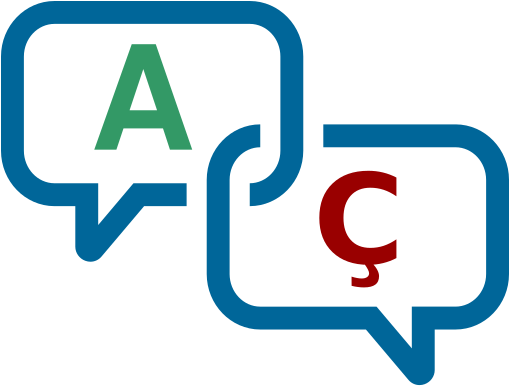
English has borrowed 60% of its vocabulary from French over the centuries. Some words have entered English almost unchanged. Some loanwords are unrecognizable. Some words look the same in both languages but are used in different ways.
False Cognates
These “false-friends” or “faux-amis” are often referred to as false-cognates, from the Latin co for “together” and natus for born. These words were born together, but have gone their separate ways ever since. Examples abound. Here’s one. “Réunion” is a plain old meeting in French, but a “reunion” is a special kind of get-together for people who have been apart for many years. The two words look and sound similar, but they are not translations of each other.
Learning about false-cognates can be extremely boring if presented as a list of translation facts to memorize. However, turn false-cognates into a translation card game, and students will love every minute of the lesson–teaching and correcting each other, laughing and smiling the whole time.
English-French Translation Card Game
To help my students with the confusion produced by false-cognates, I have created a test, a chart and translation card game. This card game was taken from my English Second Language textbook for college students in Quebec called Actively Engaged Online.
Free Download
For a grammar checker that can detect many false-cognate errors, try the Virtual Writing Tutor.

